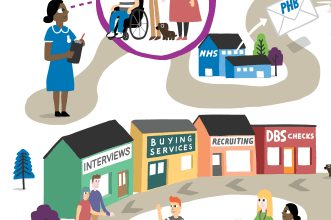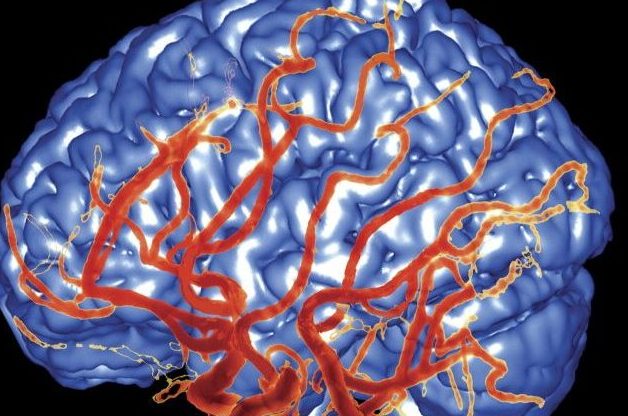Guidance
On the first day the Pfizer/BioNTech vaccine was rolled out, HC-Ones Daneside Court care staff were fortunate enough to be among the first to be offered vaccinations. Understandably, there was some nervousness among colleagues around the vaccine being new. As Managing Director of HC-One’s family of care homes. Ruth Yates wanted to lead by example …
If someone had told registered manager Melissa Jones three weeks ago her care home would be filled with the voices, laughter and tears of relatives being reunited with loved ones she wouldn’t have believed them. That was until she received an email from Cornwall Council looking for care homes to take part in a pilot …
Advice for people who buy care and support through a direct payment, as well as local authorities, clinical commissioning groups and those who provide care and support has recently been published. The guidance has been produced in part with the help and wise counsel of Simon Wilson and Katherine Wynne, two individuals with lived experience …
Anyone working in the care sector – and in residential care settings in particular – knows how vital infection prevention and control is in keeping residents, staff and visitors safe and well. The continued prevalence of COVID-19 in our communities only heightens our collective awareness of this essential line of defence. Back in April, Ruth …
NHS staff are described, rightly, as members of the country’s frontline defence against coronavirus. That frontline is populated by another group of equally dedicated men and women: care workers. Paul Jenkins, Covid -19 Senior Briefing Officer here at the Department of Health and Social Care, explains the support provided to date and signposts services available …
Over a month ago, our Joint Chief Social Workers for Adults, Fran Leddra and Mark Harvey, used their Social Work With Adults blog to highlight the importance of maintaining human connections during the coronavirus pandemic. It remains important for the care and support workforce - as well as NHS colleagues and our communities - to …
Care and NHS colleagues have rightly been celebrated for their amazing dedication, kindness and bravery during this health crisis, but we must show the same appreciation and support for the thousands of unpaid carers across the country. Recently published guidance on GOV.UK is just one part of that...
How can NICE recommendations improve the quality of care for those diagnosed with dementia? Professor Gillian Leng, Deputy Chief Executive and Health and Social Care Director for the National Institute for Health and Care Excellence (NICE), shares her views on their latest impact report on dementia care.
The Care Provider Alliance (CPA) has been working alongside the Department of Health and Social Care (DHSC), Association of Directors of Adult Social Care (ADASS) and others to assess levels of confidence among care providers and encouraging planning and preparation. Government communications, which are designed to ensure that all employers - as well as all …
"As people are living longer and more people than ever are living with complex needs, it is vital we look at the evidence for what works best, and what represents good value for money for the local health and care system." So says Professor Gillian Leng, Deputy Chief Executive at the National Institute for Health …









